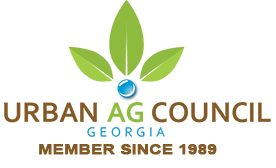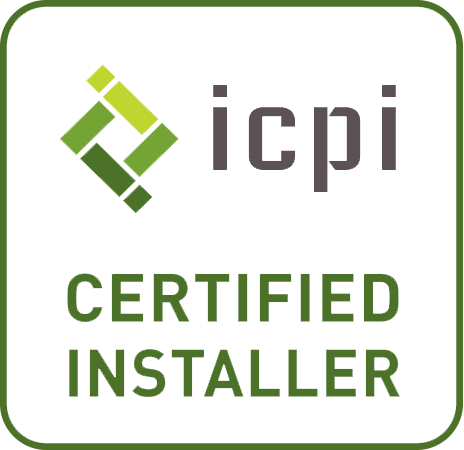As shown in this photo, Unique really ‘digs’ into irrigation repairs – large and small. This ongoing leak was detected when the system was reactivated this summer after an extended shut down due to the drought restrictions of the last two summers. Extended dormancy of irrigation systems create a higher frequency for repairs and it’s be best to get an audit before irrigation ‘start-up .'
Irrigation audits will:
1. Ensure that you are getting proper coverage and there is no mainline or value box leaking. Undetected leaks on larger properties can become costly when you're paying for all this extra water.
2. Examine how much water each zone is using and allows for proper recommendations of changing heads to give each more effective application of water to the turf or shrub areas.
3. Balance the irrigation needs of the landscape between the turf and shrub areas. This can be done by using the more efficient irrigation heads and integrating drip irrigation as well as updating the irrigation clock . Quite honestly, turf takes the largest amount of water but at different periods of the year, while annual beds may require a higher frequency over a short period of time. An updated irrigation clock allows the technician to set different runtimes and different frequency times to balance out the efficient use of water in your landscape.
After your audit is complete, follow the recommendations made by the irrigation tech and maintenance manager. It may be best to water twice a week for the recommended period of time than small frequencies every other day. Deep roots keep plants thriving in drought conditions. Monitoring during the irrigation season is recommended. We suggest at lease once per year on residential homes and HOA properties and 2 to 3 times per year on commercial properties depending on size. Click here to learn more about the irrigation services we offer in the metro Atlanta area.
What should an irrigation audit provide:
1. A complete mapping of your system that indicates boxes, mainline and clock locations.
2. Gallon consumption per zone to inform you of water consumption on your property when the system is running.
3. An itemized list of recommended essential repairs and alternativ solutions to making your system more effective.


